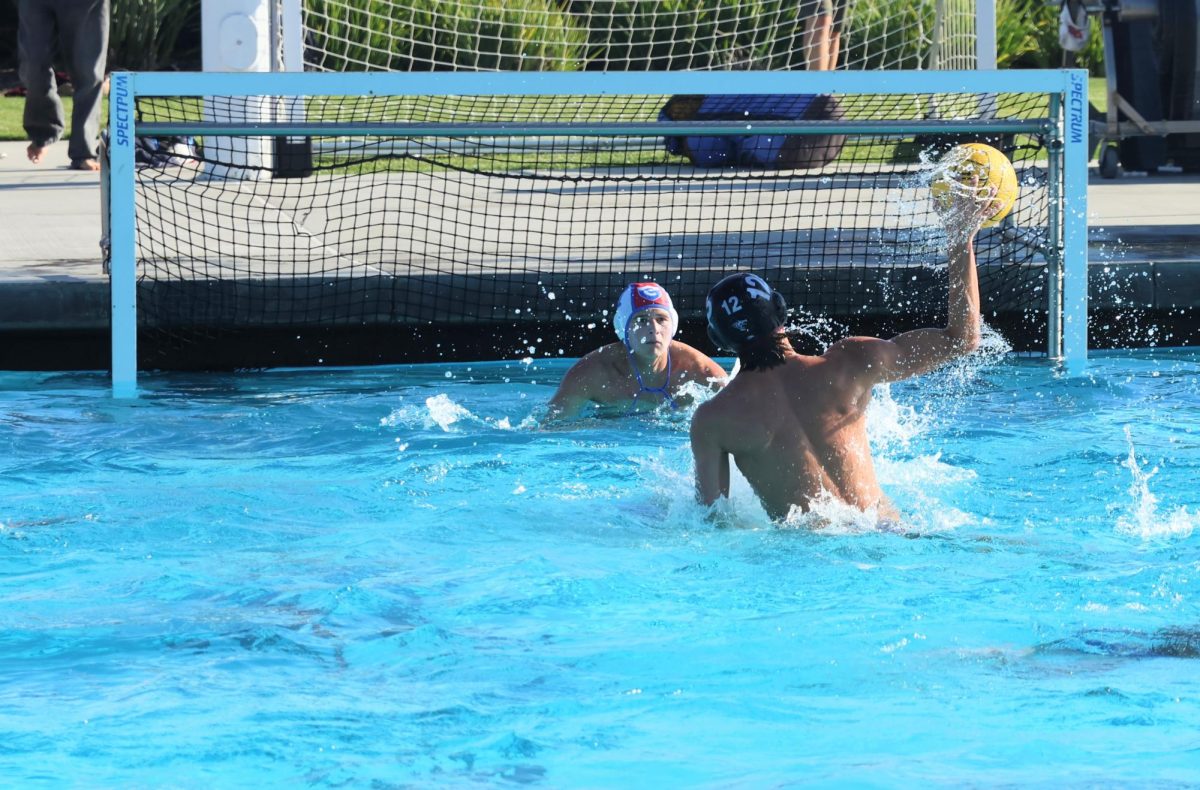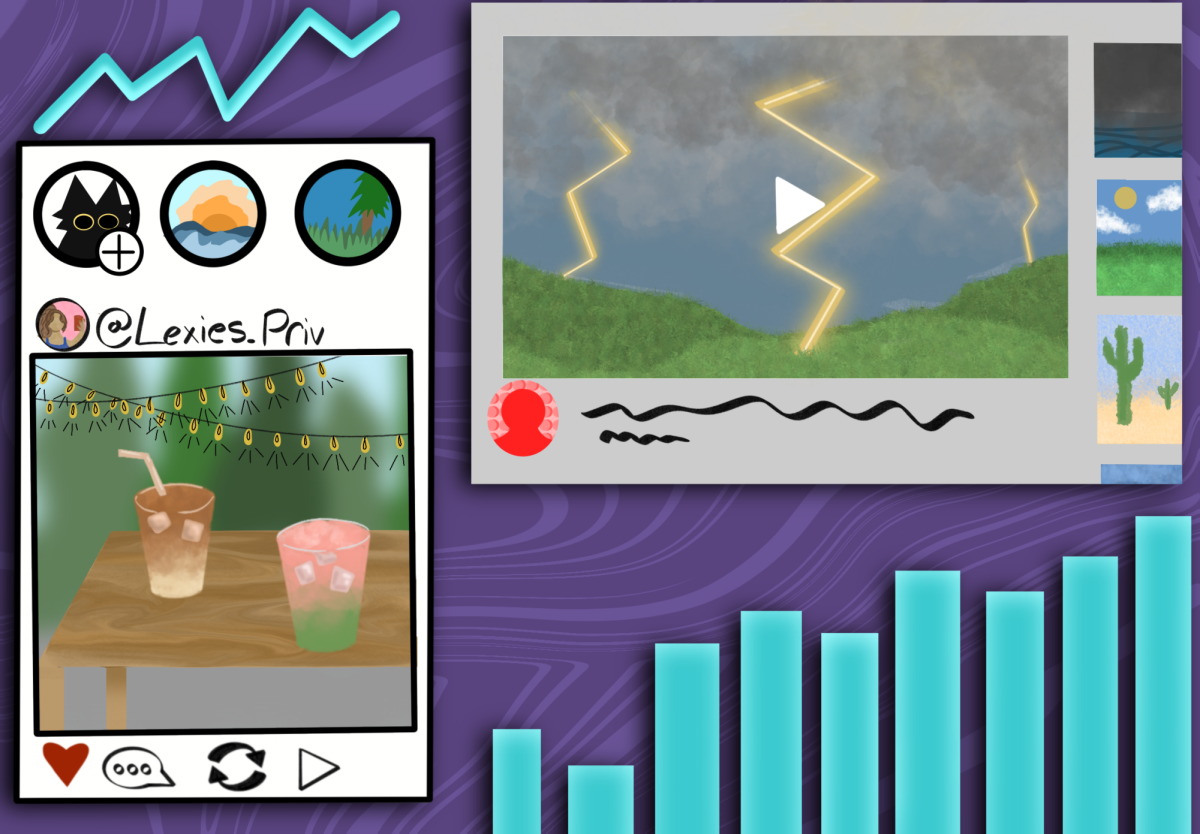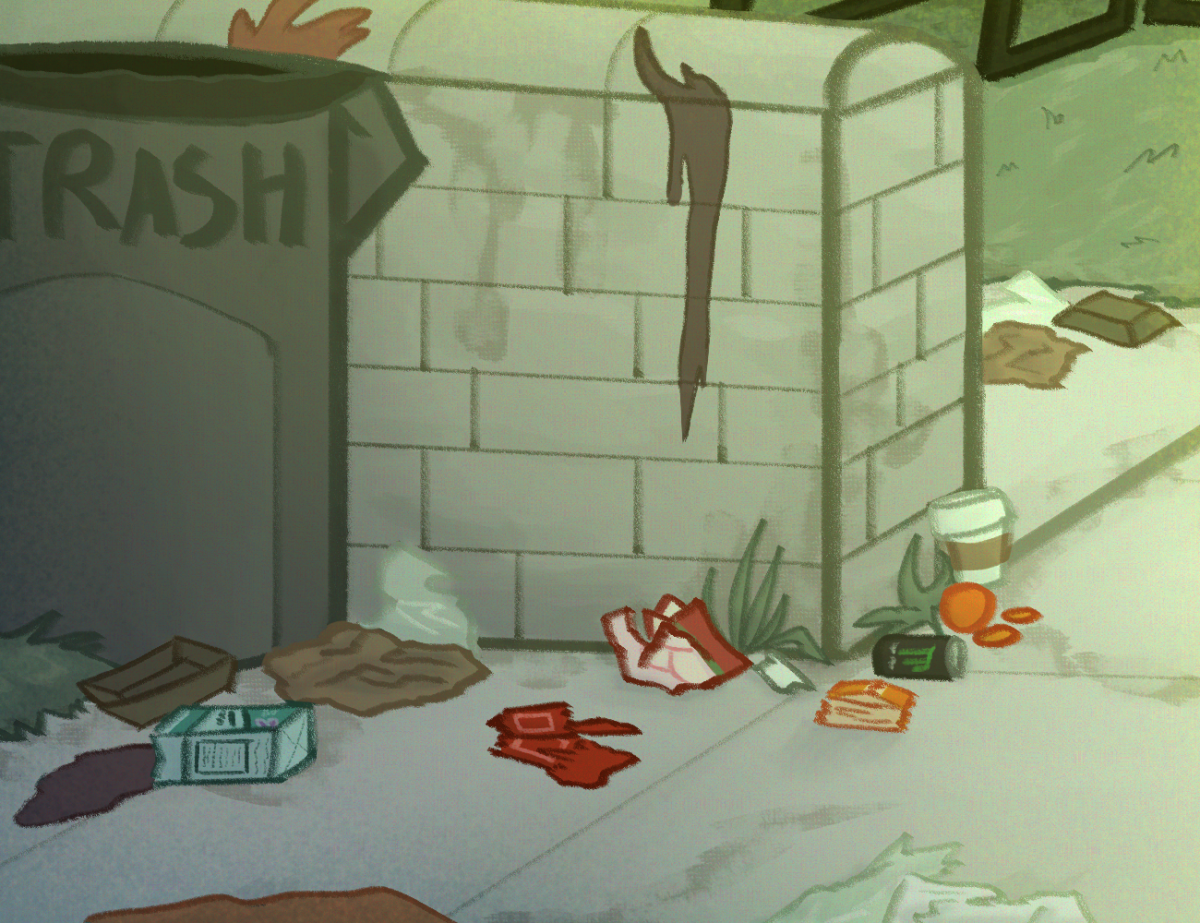Imagine you’re listening to some of the great speeches of history such as “I Have a Dream” or “The Gettysburg Address”, now, imagine they were riddled with likes, ums, ohs and I thinks. The content of the speech is virtually the same, yet it would have lost most of its impact. The powerful words of Martin Luther King Jr. or Abraham Lincoln would be ruined by these so-called “filler words”, yet we include them in our vocabulary and daily conversations.
While the average person will not go on to write the biggest speech of the century, this tendency to include additional, and unnecessary words in our dialogue is seen everyday, in almost every capacity. Conversations, presentations and socratics become unbearable with this annoying habit when someone like interrupts a person’s speech like a million times and yet filler words have become like the norm.
A pause when speaking is seen as a way to get the audience to catch up with the speaker, giving them time to think or ponder the content of the sentence, but filler words have taken this place. Without the intentional pause audiences are never really given time to think through what the speaker is saying. In addition, the continuous use of these filler words can make a person appear uneducated or unknowledgeable on the subject they are speaking about. Silence is filled with words that buffer conversations.
“I think” is unconfident. The addition of just two words leaves the audience in uncertainty on if their counterpart truly understands the concept that they speak on. In a back-and-forth debate the I think-er cannot defend their stance as well as the person that rejects these two words and exudes confidence in their stance.
Filler words are used because of an uncomfortability with silence which has led to cramming this silent gap with words that generally discredit the speaker. In an attempt to avoid awkward silence or to make an appearingly rude comment come off softer, mute gaps are crammed with like, words.
We pick up on language from the world around us and as social media has grown and been accessed by younger generations, they begin picking up cues on how to speak and interact with the world around them. Entertainment is no longer reading or watching television with rehearsed and refined scripts but rather scrolling through apps where anyone can say anything.
There are some positives to using filler words: to prevent unwelcomed interruptions, to make a soft interruption or to transition to another topic. But, being a stickler for filler words is just as annoying as using the filler words, especially when the words are rarely used and add to the tone of the conversation or help with the conversational flow.
















